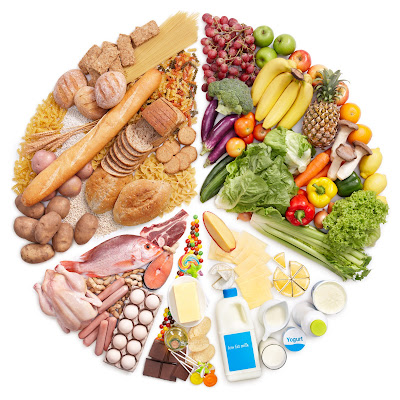What are the best ways to lose weight?
Balanced Diet:
- Portion Control: Be mindful of portion sizes to avoid overeating.
- Nutrient-Dense Foods: Choose whole, nutrient-rich foods such as fruits, vegetables, lean proteins, whole grains, and healthy fats.
- Limit Processed Foods: Minimize intake of processed and sugary foods, as they often contribute to excess calorie consumption.
Regular Exercise:
- Cardiovascular Exercise: Engage in activities like walking, jogging, cycling, or swimming to burn calories and improve cardiovascular health.
- Strength Training: Include resistance training to build muscle, which can boost metabolism and aid in weight loss.
- Consistency: Aim for at least 150 minutes of moderate-intensity aerobic exercise or 75 minutes of vigorous-intensity aerobic exercise per week, along with muscle-strengthening activities on two or more days.
Lifestyle Changes:
- Adequate Sleep: Lack of sleep can disrupt hormones that regulate hunger and satiety, leading to weight gain. Strive for 7-9 hours of quality sleep per night.
- Stress Management: Chronic stress can contribute to weight gain. Practice stress-reducing techniques such as meditation, yoga, or deep breathing.
- Hydration: Drink plenty of water throughout the day, as dehydration can sometimes be mistaken for hunger.
Behavioral Strategies:
- Set Realistic Goals: Establish achievable and realistic weight loss goals to stay motivated.
- Keep a Food Journal: Tracking food intake can increase awareness of eating habits and help identify areas for improvement.
- Meal Planning: Plan meals and snacks in advance to make healthier choices and avoid impulsive eating.
Social Support:
- Join a Support Group: Connecting with others who share similar health goals can provide motivation and accountability.
- Family and Friends: Involve friends and family in your journey to receive support and encouragement.
Professional Guidance:
- Consult a Dietitian: A registered dietitian can provide personalized nutrition advice and help create a sustainable meal plan.
- Fitness Trainer: Consider working with a fitness trainer to develop an exercise routine tailored to your needs.
Gradual Changes:
- Avoid Crash Diets: Rapid weight loss diets are often unsustainable and may lead to nutrient deficiencies. Focus on making gradual, long-term changes.
Remember, everyone's body is different, and what works for one person may not work for another. It's essential to adopt a personalized and sustainable approach to weight loss. Before making significant changes to your diet or exercise routine, consult with a healthcare professional or registered dietitian, especially if you have underlying health conditions.






Comments
Post a Comment